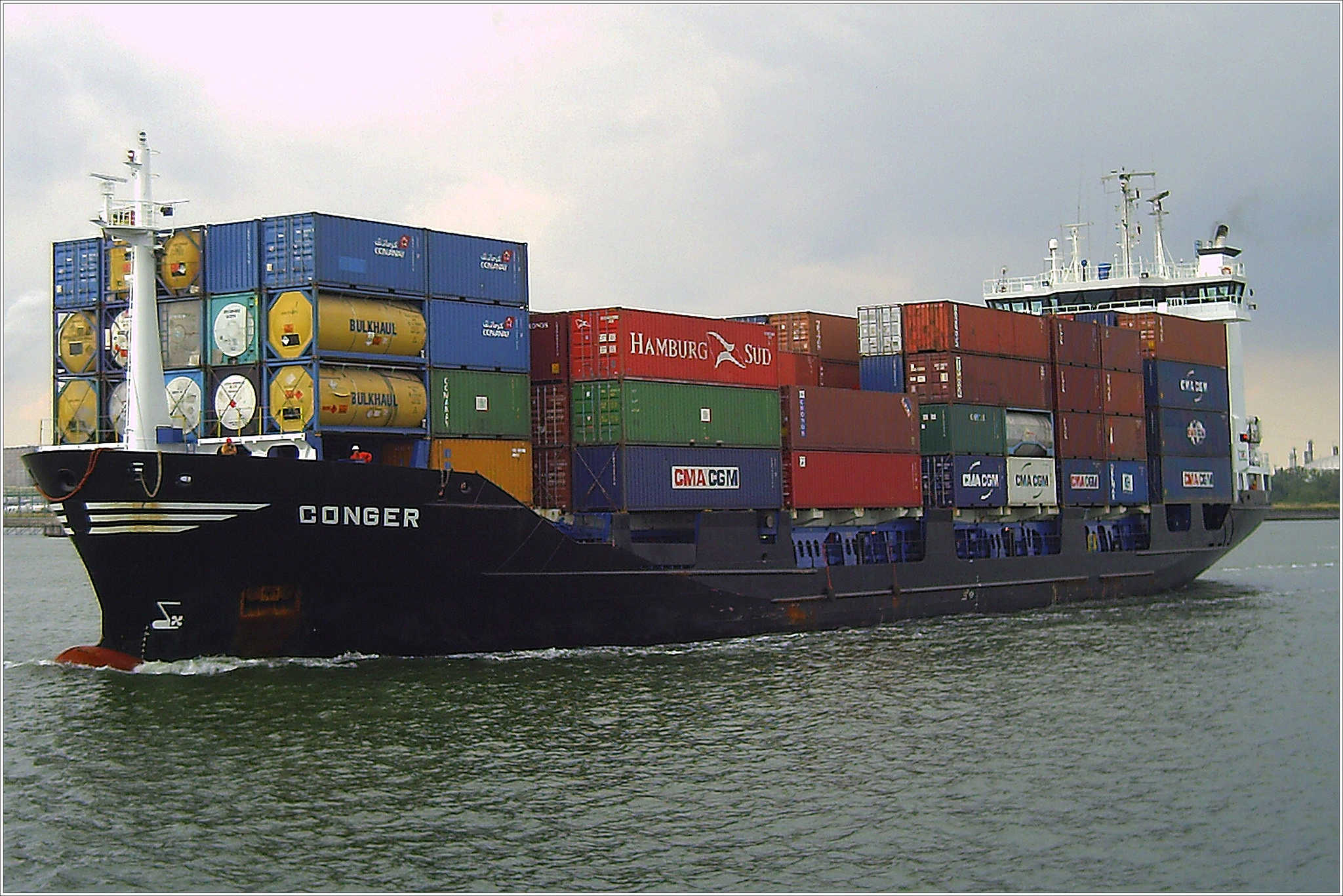The container shipping industry has been very unprofitable over the past 3-5 years. Making things worse, earnings have been exceptionally spasmodic due to several reasons. This effects the business margins in between the direct customers and Non Vessel Owning Common Carriers, or carriers and vessel owners as a result of globalization in trade, which is highly depended on economic growth or economic depressions.
It’s always win-win theory in the cycle of service providers and customers when economic growth is sustainable. The demand in the shipping industry determine the carriers’ margins, which directly effects the customers’ shipping costs. On the other hand, getting low cost shipping expenses directly effects the customers’ amount of the orders.
There is no doubt that all parties (carriers, shippers & regulators) have a common goal to provide the most reliable and sustainable economic service for the long term, particularly in the main regulated trades. It might surprise us that carriers feel it is in their best interest to be able to sustain the lowest economic long term rate level. It is these rates levels that contribute to the development and maintainability of the global supply chains, which feed the demand for transport capacity, particularly on the major trades. This demand is becoming more critical as vessel dimensions increase, and profitable utilization can only be achieved with higher volumes.
The new trend in commercial side of the shipping industry is guaranteeing the business with making the contracts with the customers for certain months/years in order to avoid making one time business with each other. With this way of doing business with vendors will always provide a long term relationship, integrity and trust. It also makes business fruitful for both sides.
But several industry executives say that trend isn’t inevitable. They say the pressures of globalization and deregulation are forcing carriers to customize and diversify their services to differentiate themselves from their competitors and boost profit. Container-ship operators say that by pooling resources they can offer more frequent service to more ports. Costs can be kept down by ensuring that ships put to sea with less empty space. Also, greater bargaining-power will help in negotiating the best port fees and freight-handling rates
Carriers can improve their pricing discipline to ensure that they reap the full benefit of their value-selling approach. We see clear improvement potential for lines across all elements of the pricing process, from strategic pricing to transactional pricing to the systems and tools used to support the front line.
Sometimes it is right to follow the market and price close to marginal cost to fill the ship. But lines need to identify the peaks in prices (they do happen, even in today’s oversupplied market). The times that they have privileged capacity they need to ensure that they are charging to capture both events. This requires building flexibility into contracting, so that in the peaks a carrier’s ships are not full of low-yielding cargo contracted at annual rates.
Carriers can also extract higher prices from customers in certain industries, to whom smooth and reliable transport and the resulting stable inventory are quite valuable. Several industry executives say that trend isn’t inevitable. They say the pressures of globalization and deregulation are forcing carriers to customize and diversify their services to differentiate themselves from their competitors and boost profit.




